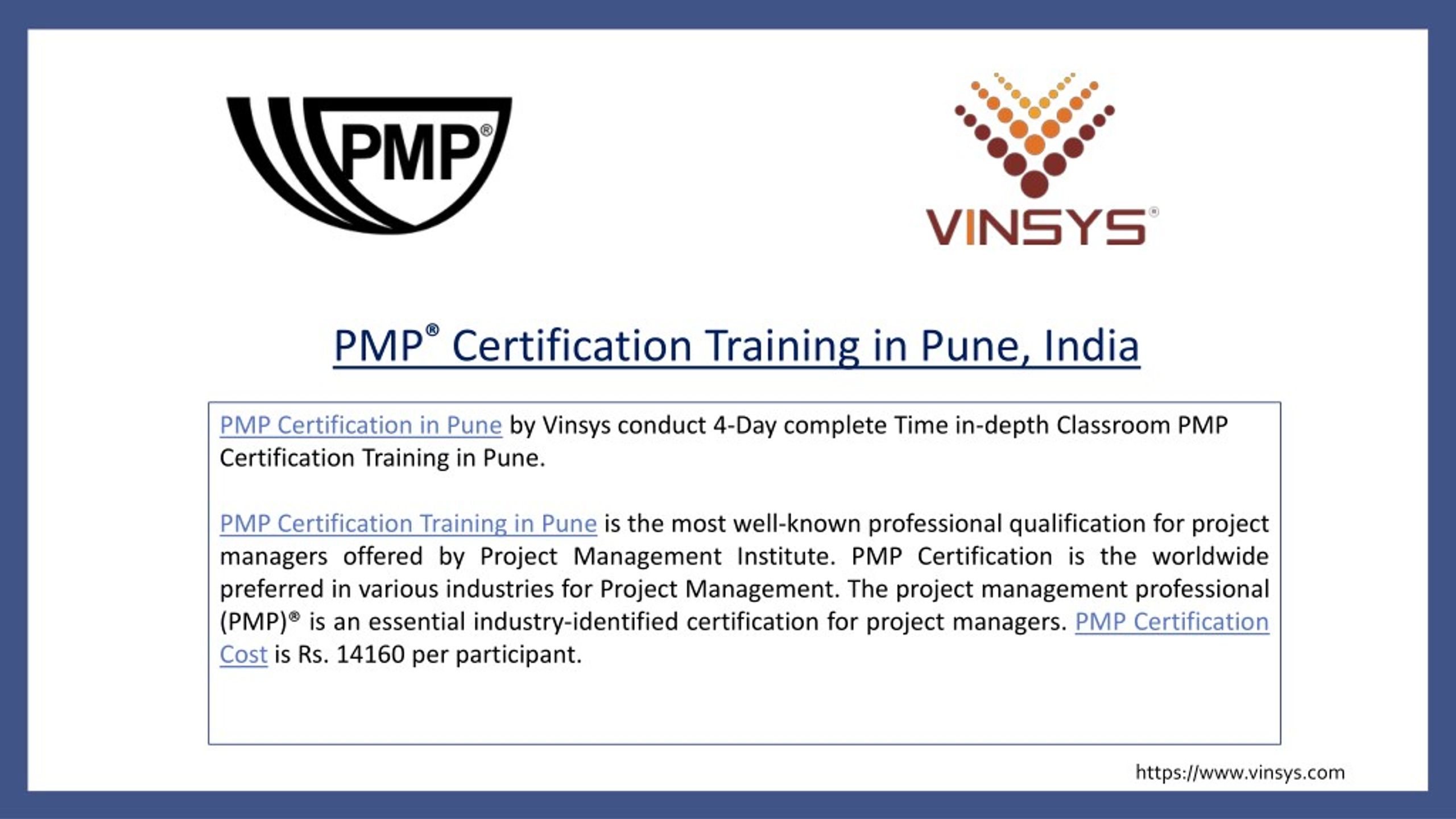

Like the CAPM, the PMP exam also covers the PMBOK® Guide, but it also includes questions designed to test whether the candidate knows how to handle real-world project management scenarios. The PMP certification exam, on the other hand, is appropriate for early career to established professionals with more significant project management experience, and is therefore more challenging to achieve. The CAPM Handbook conveniently lists the percentage of questions related to each chapter of the PMBOK® Guide-meaning that those pursuing CAPM certification can adequately prepare for the exam by studying only the PMBOK® Guide. The CAPM exam questions are derived from the PMBOK® Guide, PMI’s global standards for project management. How Difficult are the CAPM and PMP Certification Exams?īecause the CAPM is geared toward entry-level project managers or those interested in a project management career, the CAPM exam is considered less rigorous than the PMP exam.
Pmi certification cost professional#
According to a 2016 survey by Robert Half International, 72% of CFOs said their companies pay for some or all educational costs associated with earning a professional certification. Many companies offer professional development benefits that may cover employee education and professional credentialing costs. The cost of the PMP exam is $405 for PMI members and $555 for non-members. The PMI requires a fee for both exams with the cost of the CAPM exam at $225 for PMI members and $300 for non-members. Professionals who pursue project management certification are making a valuable, long-term investment in their careers. Purdue’s flexible online Project Management Essentials course fulfills the hourly requirement of both certifications. In addition, the PMP certification requires 35 hours of project management education, compared to the CAPM’s 23-hour minimum. Unlike the CAPM-which requires 1,500 hours of general work experience-PMP candidates with only a secondary degree must have 7,500 hours of experience in leading and directing projects to qualify, while those with a four-year degree are required to have only 4,500 hours of experience. While the PMP certification does not require a bachelor’s degree, job candidates who hold a four-year degree have a significant advantage. 4,500 hours leading and directing projects.35 hours of project management education.

7,500 hours leading and directing projects.A secondary degree (high school diploma, associate’s degree or the global equivalent).The prerequisites for the PMP certification exam are as follows: Some universities may also offer project management education at this level as a part of a degree program. Project management education can be completed online, enabling candidates to fulfill this requirement without putting their professional or collegiate obligations on hold. While the CAPM is ideal for people beginning their careers, candidates must have 23 hours of project management education before taking the exam. 35 hours of project management education/training or CAPM ® Certificationīecause those planning to earn CAPM certification are not required to have project management experience or a four-year degree, the CAPM is ideal for recent community college graduates or even current students who want to bolster their resume with a credential that demonstrates commitment to a career in project management.A high school diploma or an associate degree (or global equivalent).35 hours of project management education/training or CAPM ® Certification.The prerequisites for the CAPM exam are as follows: These differences include prerequisites, cost, level of difficulty, and how the credentials are perceived industry-wide. Understanding the differences between CAPM and PMP certification is critical to aligning the type of certification with a person’s intended career goal. The Certified Associate in Project Management (CAPM)® and Project Management Professional (PMP)® are both specialized credentials offered through the Project Management Institute (PMI) that improve credibility and offer professionals opportunities to increase their skills, lead larger projects, and advance their careers. To fill these roles, businesses across many industries are seeking to hire new project managers with the qualifications and expertise necessary to make a positive impact in their organizations.


Project management is one of the fastest-growing professions, with more than 15 million jobs expected to be created by 2020.


 0 kommentar(er)
0 kommentar(er)
